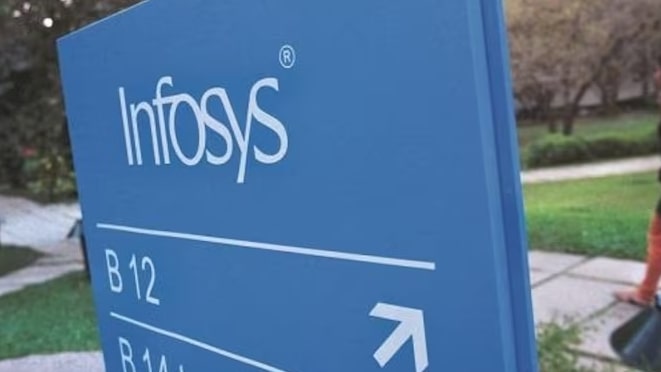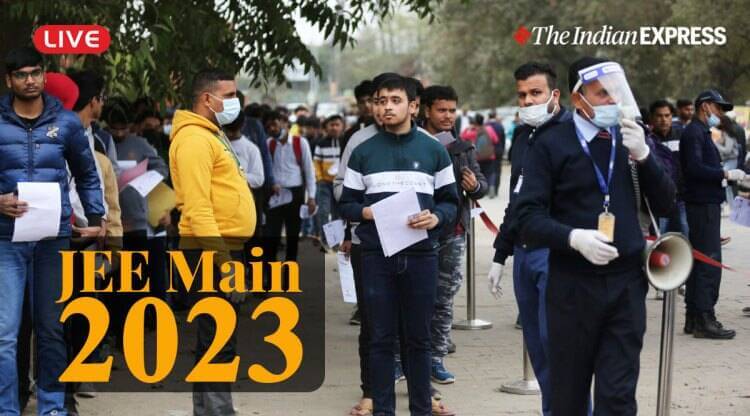
The Reserve Bank of India (RBI) has begun evaluating five potential bidders for IDBI Bank, which is currently undergoing privatization. The bank, which is majority-owned by the government, has been struggling with high levels of bad loans and poor financial performance for several years.
The five potential bidders being evaluated by the RBI are believed to be private equity firms and other financial institutions. The RBI has not disclosed the identity of the bidders, but it is believed that some of them are foreign investors.
IDBI Bank is the first Indian state-owned bank to be privatized under a new policy announced by the government last year. The policy aims to reduce the government’s stake in public sector banks to below 51%, and to increase private sector participation in the banking sector.
The privatization of IDBI Bank is seen as a key test of the government’s reform agenda for the banking sector, and its ability to attract private investment into state-owned banks. The government is hoping that the privatization will help to revive the fortunes of the bank, and improve its financial performance.
IDBI Bank has been struggling with high levels of bad loans, which have impacted its profitability and capital adequacy. The bank’s gross non-performing assets (NPAs) stood at 23.52% of its total loans as of December 2020, which is one of the highest levels among Indian banks.
The bank has also been facing challenges in terms of governance and management, which have impacted its ability to attract new customers and expand its business.
The RBI has said that it will evaluate the bidders on a number of criteria, including their financial strength, experience in the banking sector, and their ability to turn around the fortunes of IDBI Bank.
The central bank has also said that it will conduct due diligence on the bidders, to ensure that they meet the necessary regulatory and legal requirements for owning a bank in India.
The RBI has not disclosed a timeline for completing the evaluation process, but it is expected to take several months. The government has said that it aims to complete the privatization of IDBI Bank by the end of the current fiscal year, which ends in March 2022.
The privatization of IDBI Bank has been welcomed by industry experts, who see it as a positive step towards improving the health of India’s banking sector.
Siddharth Purohit, analyst at SMC Global Securities, said, “The privatization of IDBI Bank is a positive development for the banking sector. It will help to attract more private investment into the sector, and improve the quality of governance and management in state-owned banks.”
However, some industry experts have raised concerns about the lack of transparency in the privatization process, and the potential for conflicts of interest.
Anil Kumar SG, head of banking at Indian credit rating agency ICRA, said, “The privatization process should be transparent and free from any conflicts of interest. The government should ensure that the bidding process is fair and open, and that the best bidder is selected based on merit.”
The privatization of IDBI Bank comes at a time when the Indian banking sector is facing significant challenges, including rising bad loans, a weak economy, and increased competition from digital banks and fintech firms.
Several state-owned banks in India, including Punjab National Bank and Bank of Baroda, have also announced plans to raise capital through share sales, to improve their financial positions and meet regulatory requirements.
The government has said that it will continue to support the banking sector, and has announced several measures to improve the health of state-owned banks, including recapitalization and mergers.
However, industry experts say that more needs to be done to address the underlying structural issues facing the banking sector, including governance, management, and risk management.









